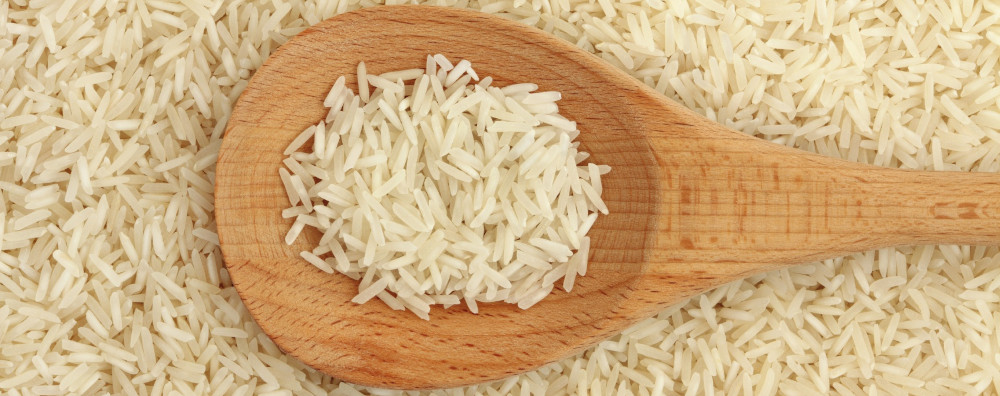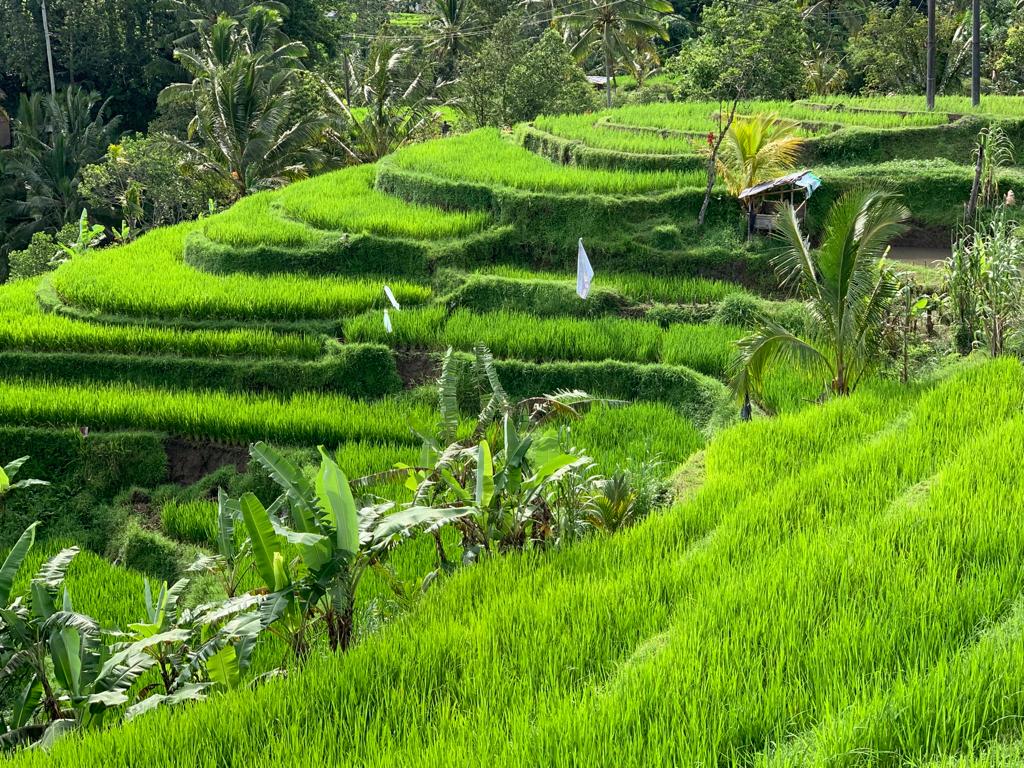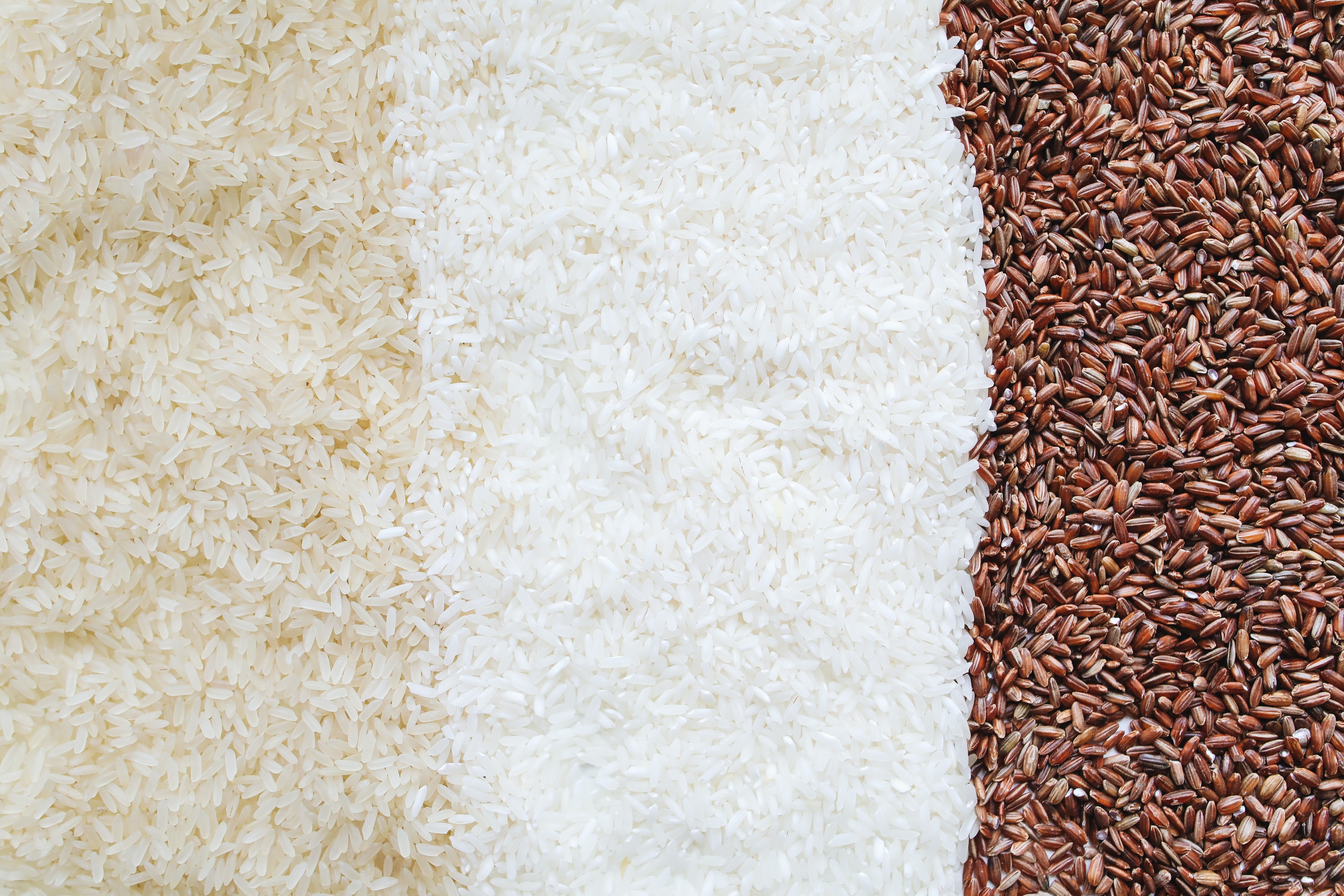
Rice inspection
Rice inspection is a critical quality control process conducted at various stages of the logistics chain to minimize trade risks. These risks include non-compliance with agreed specifications, discrepancies in quantities, or incomplete documentation during rice export/import operations.
CISS GROUP offers professional rice inspection services to agribusinesses and international trading companies at storage facilities, elevators, factories, and ports worldwide.

Rice is prone to cracking due to its high starch content, making the endosperm fragile. Uneven moisture distribution further contributes to fracturing, affecting processing quality and seed performance. Additionally, rice has a tendency to turn yellow. Proper storage in a dry state, with humidity maintained below 11–14%, ensures preservation. At this humidity level, microbial growth, pest activity, and physiological changes in the grain are minimized, preserving rice quality over time.
CISS GROUP, with GAFTA-accredited inspectors and laboratory technicians, ensures meticulous rice inspection at every point of the supply chain.
Key stages of rice inspection:

Incoming and outgoing rice inspection
- Conducted during delivery to silos, ports, or release from warehouses.
- Inspectors check storage premises and ensure rice is dry, free from pests, foreign matter, mold, or odors.
- For bagged rice, bags are inspected for soaking traces, and sampling is performed as agreed for further quality checks.
Cleanliness checks for containers and vessel holds
- Visual inspection of containers and holds to ensure cleanliness and suitability for rice transportation.
- Inspection includes verifying the condition of locks, hinges, rubber seals, and container door fasteners.
Loading process control and sampling
- Monitoring the loading process, verifying gross/net weights, and performing weight checks via draft survey methods.
- Quality assessments, fumigation control, and sampling are conducted per GAFTA rules.
- Loaded containers or holds are sealed, and detailed reports with real-time data are provided.
- Services are available 24/7 for uninterrupted inspection.
Laboratory analysis of rice quality
- Quality indicators tested include:
- Humidity, weed admixture, grain admixture, yellowed endosperm, pest infestation, red grains, coarseness, and small grains.
- Specific parameters such as vitreousness, fracturing, filminess, and typical grain composition are also analyzed.
- Advanced testing includes checks for metallomagnetic impurities, pesticides, mycotoxins, GMOs, dioxins, heavy metals, and radioactive elements.
- Express analyses for pre-determined lots are available during loading upon client request.
Photo and video documentation
- Each inspection stage is documented with timestamped photos and videos.
- A detailed photo and video report is provided upon inspection completion.
Certification and digital verification
- Final certificates and reports are issued with a unique QR code linking to the CISS GROUP website for verification.
- Certificates are secured with digital cryptographic signatures, ensuring reliability and compliance with banking requirements for trade financing.
CISS GROUP ensures the highest standards in rice inspection, combining global expertise, GAFTA-accredited personnel, advanced laboratory facilities, and transparent documentation to support seamless international trade operations.
Send request






